Microsoft Azure Combo (Fundamentals + Administrator) Online Training Course
 Read Reviews
Read Reviews
The Azure Combo (AZ-104 Microsoft Azure Administrator Training & Certification + AZ-900 Microsoft Azure Fundamentals Training & Certification) helps in validating the competencies of candidates in managing cloud services, including computing, networking, storage, and other Microsoft Azure Cloud capabilities. Join the Azure Security Combo Training course that is a Combo AZ 900 & AZ 104 TRAINING, to get a better insight into Azure core services and capabilities. The training is entirely based on the certification curriculum. This certification and training render a broad understanding of cloud services across the entire IT lifecycle, including applications, infrastructure services, and environments, that will help you learn an efficient way to implement secure infrastructure solutions in the Microsoft Azure platform.





 5th Sep: Weekend
5th Sep: Weekend 




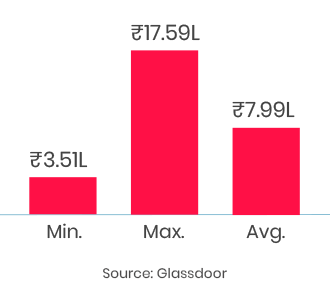
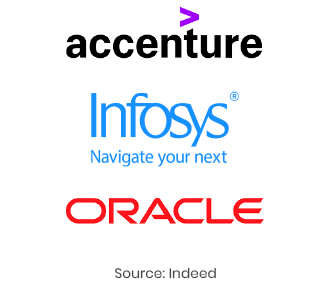
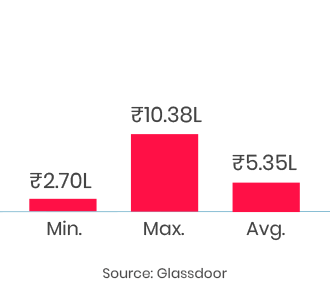
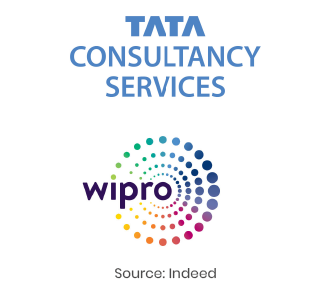
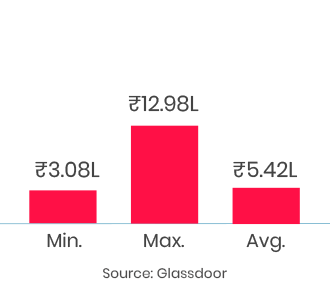
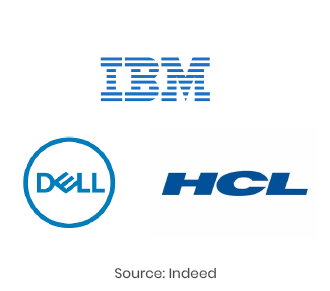


 The training was awesome. Helped me clear my concepts and also reduced my preparation time to 1/3rd. Thank you, trainer, for all your dedication to bring your gladiators to pace.
The training was awesome. Helped me clear my concepts and also reduced my preparation time to 1/3rd. Thank you, trainer, for all your dedication to bring your gladiators to pace.






 Certified & Experienced Instructors
Certified & Experienced Instructors Post Training Support
Post Training Support Customized Training
Customized Training Flexible Schedule
Flexible Schedule Access to Recorded Sessions
Access to Recorded Sessions 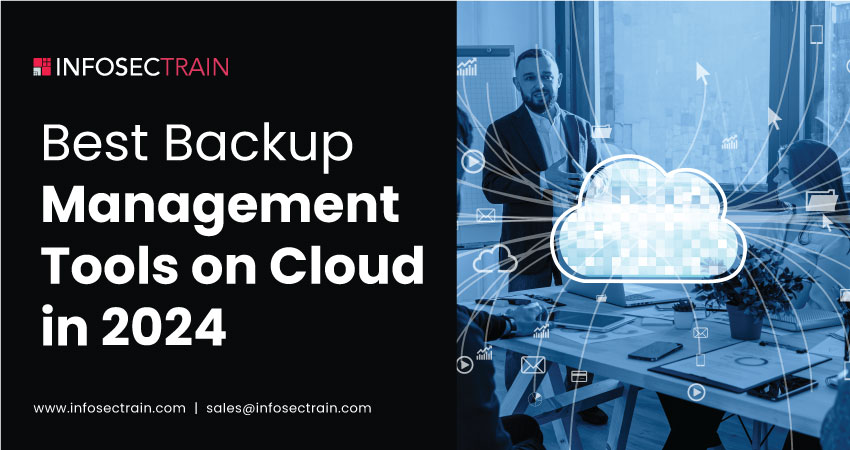
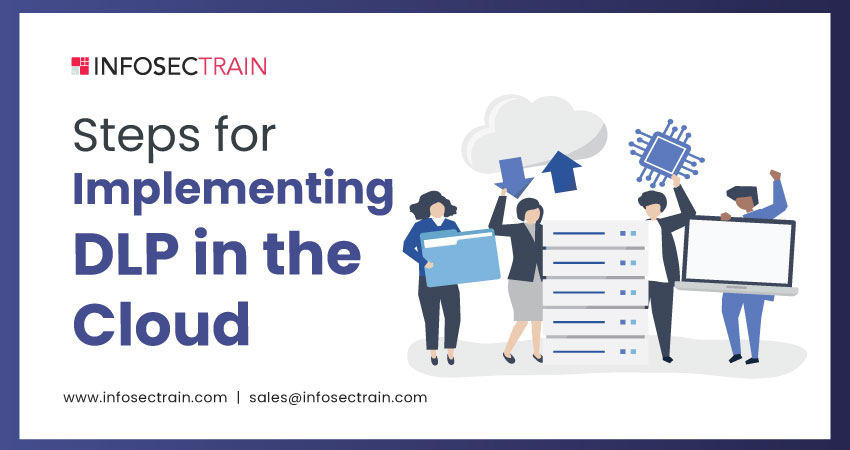
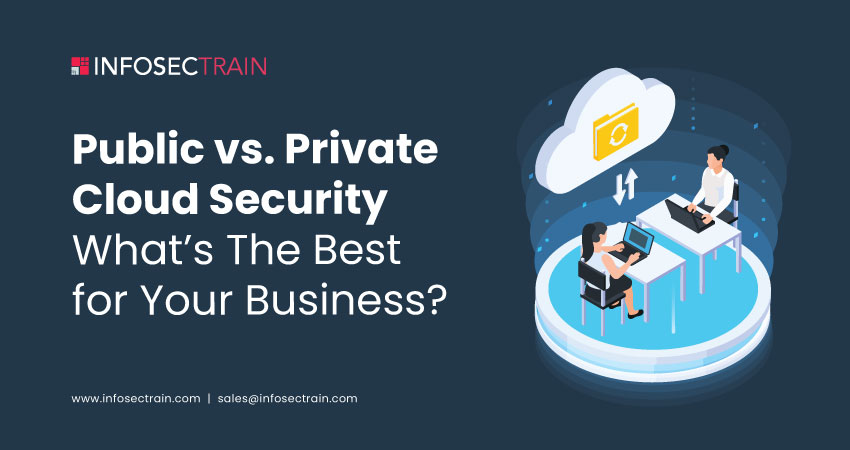


 1800-843-7890 (India)
1800-843-7890 (India) 
